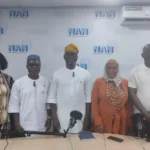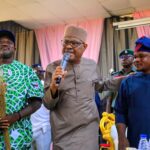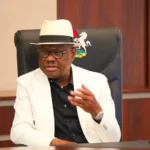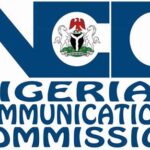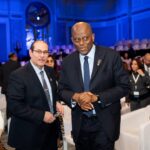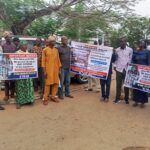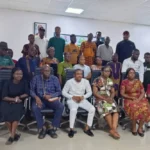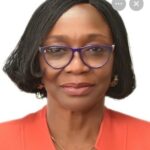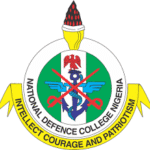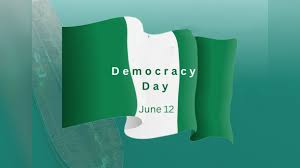By Ibukun Emiola
Stakeholders have reflected on the journey, highlighting progress, setbacks, and the way forward as Nigeria marks 26 years of uninterrupted democratic rule.
The respondents, speaking with the News Agency of Nigeria (NAN) in Ibadan, called for the strengthening of the nation’s democracy through proper mechanisms and implementation.
They agreed that while some form of progress existed, much remained to be done in meeting the citizens’ democratic aspirations.
The journey, they insist, must continue with reforms, accountability, and responsive leadership that prioritises public interest and service delivery.
Prof. Victor Isumonah of the University of Ibadan (UI) stated that while Nigeria has achieved stability, it has lagged in adhering to democratic principles and implementing effective governance.
“No previous republic lasted more than six years, but this has endured. Yet, free elections, the rule of law, and public interest remained largely unfulfilled,” Isumonah said.
According to the professor of political science, encounters between citizens and state agents mirror the military era, just as Chief Bola Ige observed in 2001, two years after democracy’s return.
Isumonah said that the lack of progressive engagement rules has hindered progress, as both officials and citizens still expect change without enforcing proper institutional reforms.
“Public service delivery is poor, as evident in erratic power, bad roads, dirty cities, and widespread noise pollution,” the don said.
He noted that Nigerians support democracy, not for its ideals, but for its material values, which are now widely known as the dividends of democracy.
Isumonah stated that political leaders must view public infrastructure with the same seriousness they give to personal property if development is to happen.
He said: “They must act as project supervisors, not armchair rulers. A president or chairman should see public needs first-hand, not from the office.”
For instance, he lamented the absence of modernisation in basic daily labour, decrying the continued use of primitive methods of processing cassava.
“Decades later, women still peel cassava with knives in filth. Where are the leaders? How do they assess public needs from their offices? He asked.
A former Vice-Chancellor (VC) of the University of Ibadan, Prof. Idowu Olayinka, acknowledged the flaws but praised the endurance of Nigeria’s democratic experiment.
He said that democracy remained a journey and that Nigeria’s 26 years of uninterrupted civil rule was a feat to be celebrated.
“I’m an incurable optimist.
“This period proves that even the worst civilian government is better than the best military regime,” Olayinka said.
The ex-VC stated that democracy has empowered the electorate to choose leaders at the federal, state, and local levels, thereby reinforcing civic participation and institutional checks.
On whether Nigeria is progressing, Olayinka said, “Yes, though slowly. We now have legislatures to check the executive power and courts for redress.”
He acknowledged that while democratic institutions exist, their effectiveness could improve, especially in protecting citizens’ rights and ensuring accountability.
“The judiciary is available to adjudicate and defend rights, while citizens must seek justice through lawful channels,” Olayinka said.
He, therefore, called for national patience, noting that democratic progress takes time.
“Rome wasn’t built in a day. Democracy matures gradually,” he said.
Olayinka urged the electorate to hold leaders accountable, noting that poor governance could be challenged and changed through the ballot every four years.
Meanwhile, Dr Kolade Mosuro, a publisher and trustee of the Government College Ibadan Old Boys Association, said that governance systems evolve differently across nations.
“Every country has its peculiar challenges. Each must, therefore, develop a governing process acceptable to its people. That’s democracy,” Mosuro said.
According to him, real democracy reflects the will and voice of the people, aligning their desires with leadership in a shared national vision.
“Where people’s voices, desires, and leadership align, democracy is at work. That’s the ideal every country must strive to achieve,” he said. (NAN)(www.nannews.ng)
Edited by Remi Koleoso and Moses Solanke

